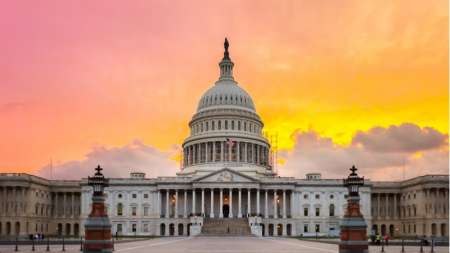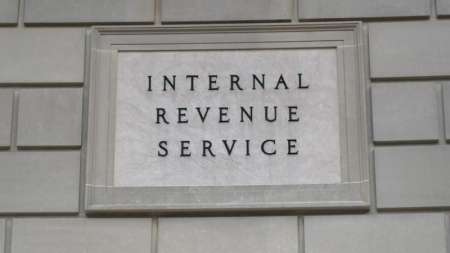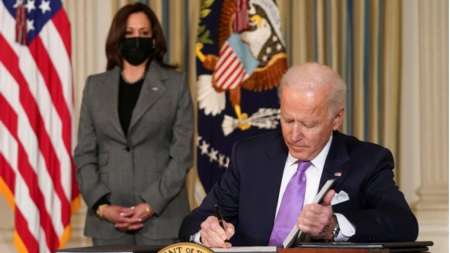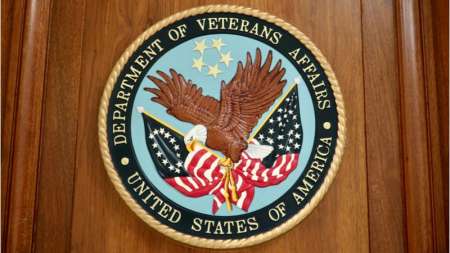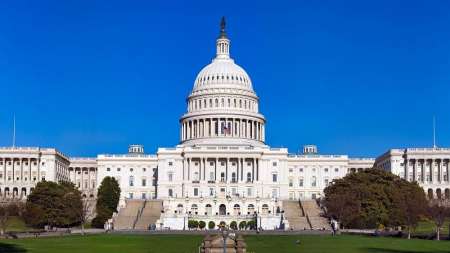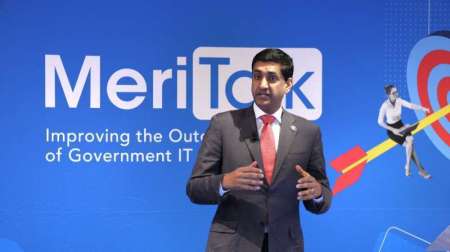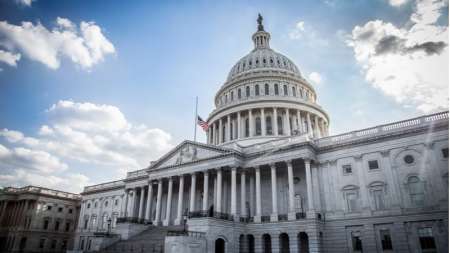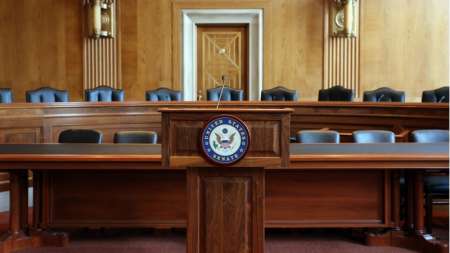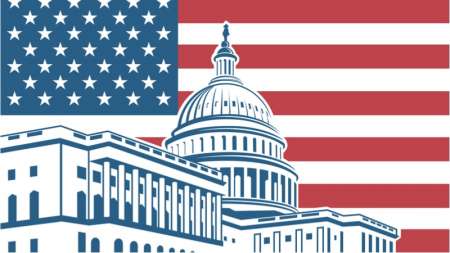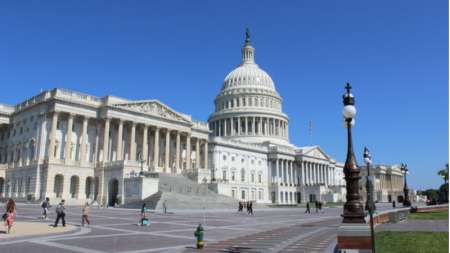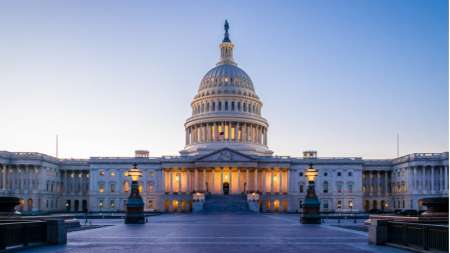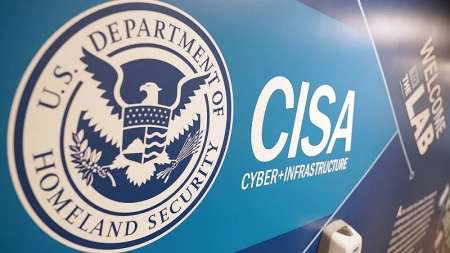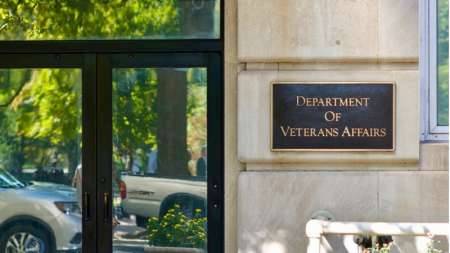Legislation that would require the Department of Homeland Security (DHS) to submit a yearly report to Congress on the disclosure of cyber vulnerabilities was reintroduced by Rep. Sheila Jackson Lee, D-Texas, on Jan. 11. […]
House Oversight and Accountability Committee Chairman James Comer, R-Ky., introduced legislation on Jan. 11 that would roll back Federal agency telework policies to their year-end 2019 levels, and require agencies to justify any future changes in telework policies through reporting to Congress. […]
House members from both sides of the aisle this week reintroduced legislation that would create a National Digital Reserve Corps – a civilian organization tasked with addressing digital and cyber needs across the Federal government. […]
The House voted late on Jan. 9 to approve the Family and Small Business Taxpayer Protection Act, a bill that would rescind legislation approved last year providing the Internal Revenue Service (IRS) with $80 billion of funding over ten years to rebuild its workforce and replace legacy IT systems. […]
President Biden on Jan. 5 signed into law the Protecting American Intellectual Property Act that aims to prevent China-based corporations – and other foreign companies – from stealing U.S. intellectual property. […]
As the 118th Congress gears up this week with leadership elections, the Republican-led House is prioritizing slashing $80 billion of funding allocated to the Internal Revenue Service (IRS) last year to help the agency rebuild its workforce and its legacy IT systems. […]
President Biden on Dec. 27, 2022, signed into law legislation that addresses conflicts of interest within the Federal contracting community. […]
The House voted on Dec. 23 to approve a full-year Fiscal Year (FY) 2023 funding bill that will fund Federal government operations through Sept. 30, 2023, with President Biden expected to sign off on the measure shortly after the House vote. […]
In IT, as in life, the greatest risks and opportunities are in the shadows. Bipartisan legislation is quietly on its way to President Biden’s desk that could reduce cybersecurity risk at the Department of Veterans Affairs (VA) and create the opportunity for Congress to tackle a growing government-wide problem: the proliferation of IT devices and systems being used without proper approval, commonly known as Shadow IT […]
Sens. Elizabeth Warren, D-Mass., and Roger Marshall, R-Kan., introduced new legislation on Dec. 14 that would apply to the cryptocurrency industry existing laws that aim to combat money laundering and terrorism financing. […]
Amid the recent rush at the Federal and state levels to ban or curtail use of the China-based TikTok social media app, at least one U.S. senator says that those actions would not be sufficient to prevent China interests from accessing personal data on United States citizens. […]
The House today voted to approve the Fiscal Year (FY) 2023 National Defense Authorization Act (NDAA), which green-lights $847 billion of spending for defense-related purposes, and includes numerous technology and cybersecurity provisions. […]
Rep. Ro Khanna, D-Calif., is working on legislation for next year that would create a chief design officer for the Federal government, he said today at MeriTalk’s “New & Next: The Government Tech Renaissance,” event in Washington, D.C. […]
Rep. Ritchie Torres D-N.Y., introduced legislation on Dec. 2 that would direct the National Cyber Director (NCD) to create a Cyber Education Task Force aimed at increasing cybersecurity education and workforce diversity. […]
The Fiscal Year (FY) 2023 National Defense Authorization Act (NDAA) bill released by the House Rules Committee late Tuesday evening features numerous provisions designed to bolster cyber capabilities and operations not only at the Defense Department (DoD), but at other Federal agencies as well. […]
The Fiscal Year (FY) 2023 National Defense Authorization Act (NDAA) bill released by the House Rules Committee late Tuesday evening features legislation approved by the House in September to codify into law and update the Federal Risk and Authorization Management Program (FedRAMP). […]
For some Americans, their refrigerator recording them sneaking into the kitchen for – yet another – midnight snack, or their air fryer catching hushed voices in an intimate conversation might be a dealbreaker for a relationship with a smart device. […]
A bipartisan group of House members has offered legislation to create the next version of the Commission on Evidence-based Policymaking. […]
A late-session push for passage of a Federal government software bill kicked into higher gear today with the introduction in the House of the Strengthening Agency Management and Oversight of Software Assets Act. […]
Reps. Katie Porter, D-Cali., and Gerry Connolly, D-VA., introduced new legislation last week that aims to strengthen how the Federal government serves the American public by giving six agencies specific marching orders on improving online and other services. […]
Reps. Elise Stefanik, R-N.Y., and Mike Gallagher, R-Wis., have introduced new legislation that aims to counter the influence of foreign adversaries on the United States telecommunications infrastructure – and beyond the current sanctions on China-based equipment makers including Huawei and ZTE. […]
President Biden on Oct. 17 signed into law the Artificial Intelligence Training for the Acquisition Workforce Act, which aims to improve the Federal workforce’s understanding of AI and ensure its ethical and safe use. […]
Sens. Jack Reed, D-R.I., and Jim Inhofe, R-Okla., formally opened deliberation for the Fiscal Year (FY) 2023 National Defense Authorization Act (NDAA) on the Senate floor on Tuesday. However, a final vote on the bill is unlikely to occur until after the midterms. […]
The House last week voted to approve an updated version of legislation that would codify into law and update the Federal Risk and Authorization Management Program (FedRAMP). […]
President Biden on September 30 signed into law the Small Business Innovation Research (SBIR) and Small Business Technology Transfer (STTR) Extension Act of 2022, which extends the programs for another three years. They had been scheduled to expire on September 30. […]
Several House Democrats introduced legislation late last week to limit the ability of law enforcement agencies to use facial recognition technologies. […]
The Senate Homeland Security and Governmental Affairs Committee on September 28 approved by voice vote the Securing Open Source Software Act, which aims to put more Federal government muscle behind protecting open source software following the emergence of the Log4J vulnerability late last year. […]
The Senate Homeland Security and Governmental Affairs Committee on September 28 voted to approve the Access for Veterans to Records Act of 2022, which aims to cut down on the existing backlog of service records requests by U.S. military veterans. […]
President Biden signed the Chips and Science Act into law just last month, but Department of Commerce (DoC) Secretary Gina Raimondo said this week that Americans need to see tangible benefits from this legislation “as fast as possible” to build needed long-term support for domestic semiconductor production. […]
The Senate Committee on Homeland Security and Governmental Affairs voted on Sept. 28 to advance the Federal Contracting for Peace and Security Act, which would prohibit Federal government procurement from companies that operate within Russia. […]




